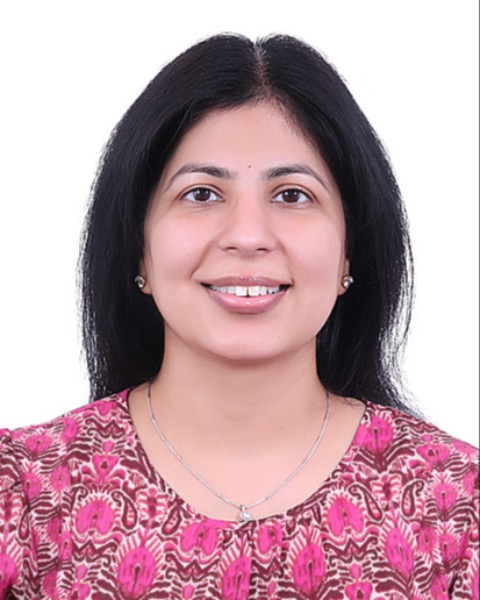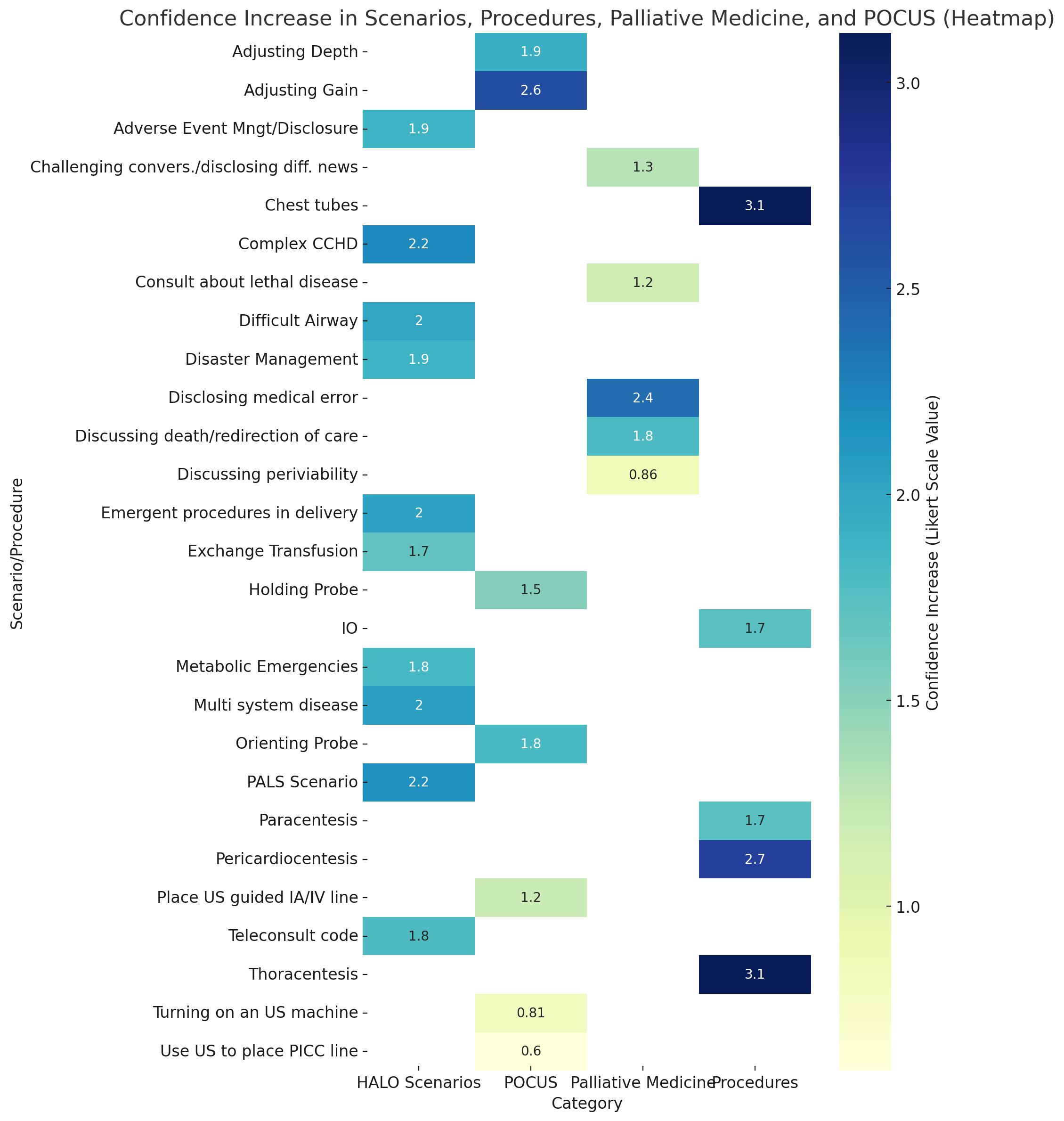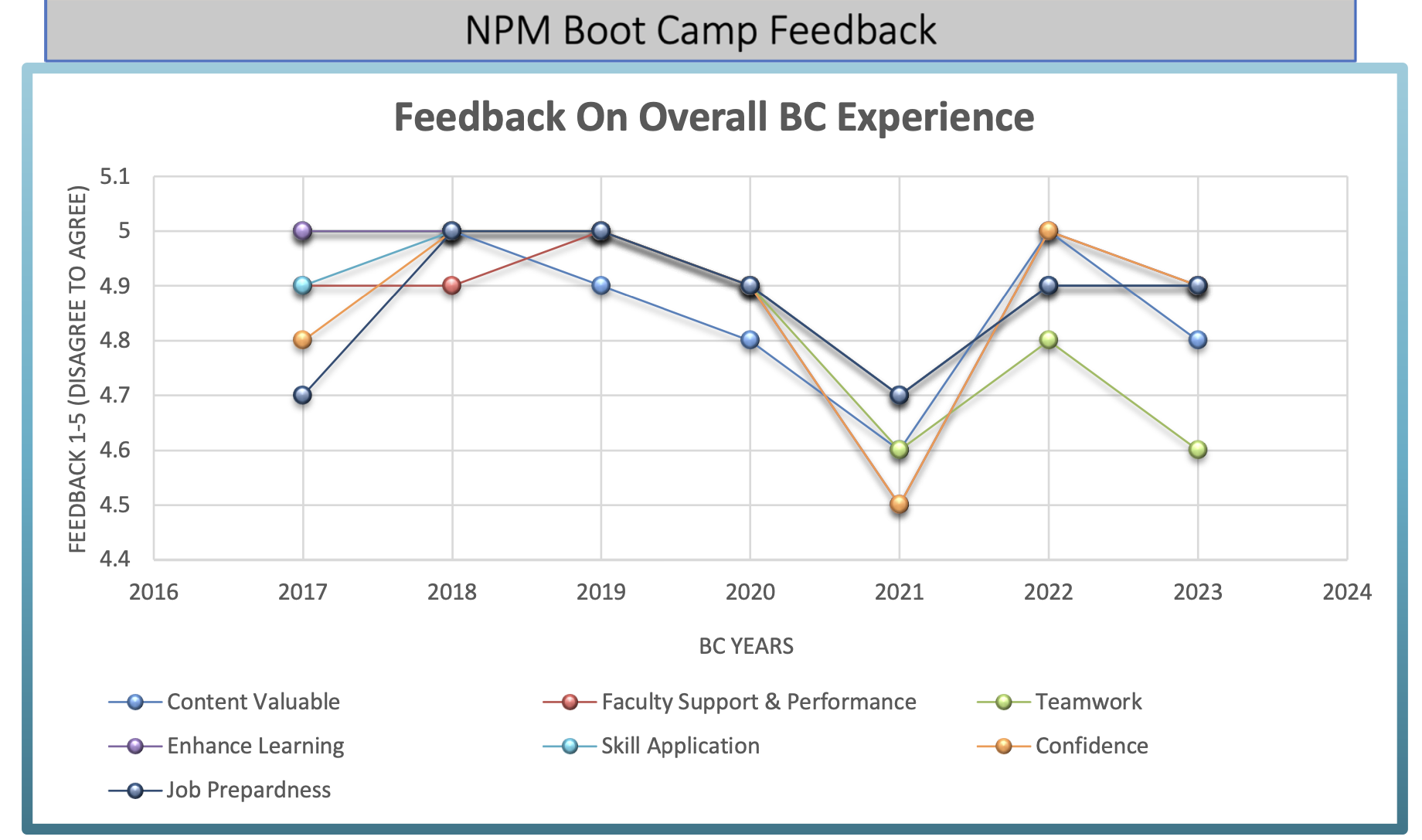Medical Education 4: Technology and Simulation
Session: Medical Education 4: Technology and Simulation
219 - Enhancing Clinical Skills and Critical Management Strategies in Neonatal Perinatal Medicine Senior Bootcamps: a snapshot of 7 years.
Saturday, April 26, 2025
2:30pm - 4:45pm HST
Publication Number: 219.5072
Neha Chaudhary, Tufts University School of Medicine, Westwood, MA, United States; Indrani Bhattacharjee, Tufts University School of Medicine, Boston, MA, United States; Brooke A. Krbec, Floating Hospital for Children at Tufts Medical Center, West Roxbury, MA, United States; Michael Zujkowski, Tufts University School of Medicine, Boston, MA, United States; Romal K. Jassar, MassGeneral Hospital for Children, Boston, MA, United States; Rachana Singh, Tufts University School of Medicine, Boston, MA, United States

Neha Chaudhary, MD (she/her/hers)
Assistant Professor
Tufts University School of Medicine
Westwood, Massachusetts, United States
Presenting Author(s)
Background: Neonatal-perinatal medicine (NPM) fellows may have varying degrees of exposure to high acuity cases, high-risk procedures, and difficult conversations during fellowship training. Simulation-based bootcamps (BC) offer additional training opportunities with a realistic exposure to stressful medical scenarios to improve diagnostic, management and communication skills.
Objective: To administer an advanced simulation-based educational BC experience for senior (2nd and 3rd year) NPM fellows that includes exposure to high acuity, low occurrence cases (HALO) scenarios, difficult conversations, procedural competency, crisis management and point-of-care-ultrasound (POCUS) to increase confidence and enhance job preparedness.
Design/Methods: We conducted 7 annual intensive, 8-hour simulation-based BCs for senior NPM fellows from six AAP District I programs from 2017-23. The immersive curriculum included HALO scenarios, advanced procedural skills, disaster preparation, leadership, and ethically challenging cases with difficult conversations. All BCs except for 2020 (due to the COVID-19 pandemic) were held in person. The 2022 and 2023 BCs offered POCUS-specific training. Pre- and post-BC survey means were compared for impact on confidence, learning, and preparedness for critical situation management, and job preparedness. Self-reported confidence was assessed on a 10-point Likert-scale (0 corresponding to no confidence and 10 to most confident). The BC experience was assessed using a 5-point scale with 1 corresponding to strongly disagree and 5 to strongly agree.
Results: A cumulative total of 101 fellows participated in 7 years. Post-BC questionnaires demonstrated increased confidence in all targeted areas, clinical, procedural, palliative, and POCUS scenarios. In all clinical scenarios, an increase in confidence score of at least 1.5 points was seen (Figure 1). For all procedures/procedure-based scenarios, confidence increased by at least 1.7. For all palliative care medicine discussions, confidence increased by at least 0.86 points. For all POCUS skill simulations, confidence increased by at least 0.6 points. Overall feedback was positive with scores ≥ 4 and BC enhanced learning, increased confidence overall, and content was valuable to their careers (Figure 2).
Conclusion(s): Multi-disciplinary simulation-based BCs are increasingly being identified as necessary academic tools for training in medicine, especially subspecialties. Our BC has demonstrated a significant impact on increasing confidence levels for the management of challenging clinical scenarios, procedural skills, palliative care medicine, and POCUS skills.
Figure 1. Heatmap showing an increase in all clinical scenarios in confidence score of at least 1.5 points. For procedures/procedure-based scenarios, confidence increased by at least 1.7 for all procedures practiced. For palliative care medicine discussions, confidence increased by at least 0.86 points for all scenarios. For POCUS skill simulations, confidence increased by at least 0.6 points for all scenarios

Figure 2. Seven questions were presented to fellows at the end of their post-BC survey to evaluate aspects of their overall BC experience. Experience was rated from 1 to 5, lowest being they strongly disagreed that the aspect was a positive experience and highest being that they strongly agreed it was a positive experience. Overall feedback was very positive for all years that BC has taken place (2017- 2023), as scores are never lower than a rating of 4 on a 1 to 5 scale. However, scores have drastically improved following 2021 for the majority of categories. The most dramatic changes have been improvement in positive outlook that BC has enhanced their learning, increased confidence, and content has become extremely valuable to NPM fellows’ careers.


